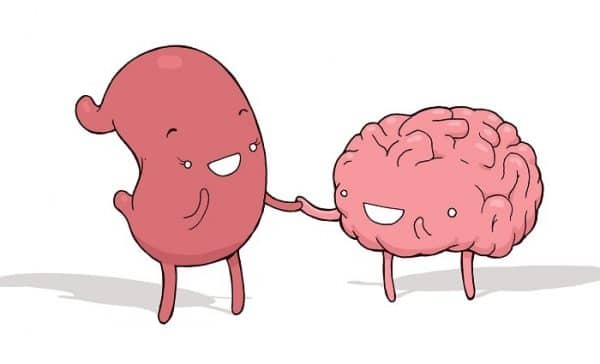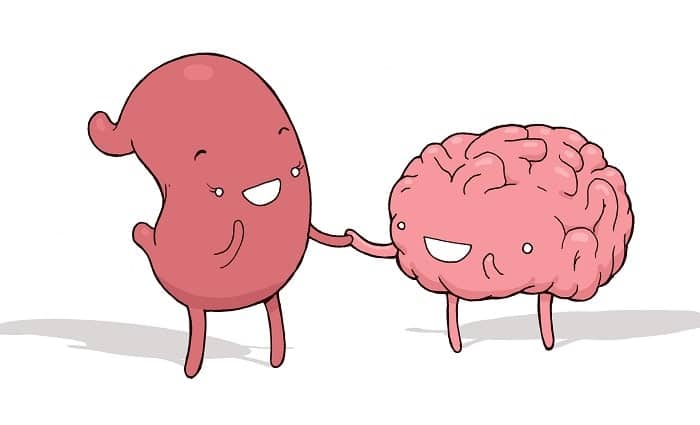
Drug Abuse and Isolation Rapidly Growing
In 2019 we are faced with a sobering fact: Drug abuse and isolation are rapidly growing into the two biggest problems with modern society. The increasing rates of depression and suicide point to this growing problem. Men between the ages of 20-45 are more likely to die from suicide than car crashes, war, cancer or heart disease.
The most common easy-fix solution to depression is to swallow a daily dose of antidepressants. The most common form of antidepressants are SSRIs. These drugs are commonly prescribed at the request of patients by general practitioners, rather than psychiatric professionals. In some cases, general practitioners aren’t aware of all of the side-effects and risks associated with SSRIs. For example, after a long term use of SSRIs patients have an extremely difficult time getting off the medication. Moreover, suicidal thoughts are actually a common side effect of attempting to discontinue the use of antidepressants.
Effectiveness of Antidepressants and Antipsychotics
Antidepressants rose to prominence in the late nineties. Consequently, brand names like Paxil, Wellbutrin and Zoloft became household names. However, after over 20 years passed, so many patients have been taking them for so long that the effectiveness is wearing off. As a result, a new class of drugs categorized as antipsychotics is becoming more popular. Some examples are Zyprexa (Olanzapine), Seroquel, Clozapine, Risperidone, Aripiprazole. These new drugs with their ridiculously high prices are creating a massive windfall for drug companies. For instance, 100 tablets of Seroquel cost as much as $2,000, Zyprexa, $1,680 and Abilify $1,644.
But do they work? And is it a good idea to take them? It really depends on who you trust and how mentally ill you or your loved one is.
Alternatives
In our Utah Stories Podcast conversation with Dr. Lili Wagner we examined a few alternatives to antidepressants and antipsychotics medications. Dr. Wagner is an advocate for greater understanding of the gut-brain connection, and how gut health produces and promotes mental health.
Trillions of bacteria live in our digestive tract and in our gut. These trillions of bacteria are also known as our microbiome. Our microbiome is responsible for assisting our digestive enzymes to extract all of the nutrition from food that our body needs to function properly. If the bacteria in our gut is malnourished then chances are that our brains are also malnourished. Dr. Wagner believes more doctors and patients should examine gut-health and how it relates to mental health, and an overall well being.
Gut-Brain Connection
Dr. Lili Wagner is implementing the new discoveries in gut health into her practice. She recommends to patients who suffer from depression to take a much closer look at their digestive health. This can be examined by sending a stool sample to a biological lab. A common remedy to poor digestion is a probiotic. A good probiotic provides billions of additional beneficial bacteria to help improve gut flora, which in turn improves digestion.
Studies have shown that by improving gut flora patients suffering from everything from depression, anxiety to even autism see promising improvements in mental health and cognition. The gut-brain connection is now mainstream science. However, its implementation into mainstream medical practice is a very slow process. Very few medical doctors and practitioners will prescribe probiotics or diet changes to patients who are suffering from mental problems. As a result, Big Pharma solutions, despite the myriad side effects are still the norm.
Get Informed
The best way to take an initiative when comes to your health is to become informed. Dr. Wagner recommends reading articles and books found on her website related to the gut-brain connection and improving overall mental health through diet and exercise. According to her antidepressants or antipsychotics should be used as a last resort.
However, Dr. Wagner doesn’t dismiss the efficacy of antidepressants. On the contrary, she works with patients who are currently taking antidepressants. Gut health is not adversely affected by antidepressants. Nevertheless, she believes it’s time that doctors stop believing that mental disorders are limited only to brain chemistry. Most neurochemicals are produced in the gut, therefore, mental issues should be treated also as gut issues.
Listen to our Utah Stories podcast interview with Dr. Wagner found on iTunes or SoundCloud.
Help us provide more content like this by subscribing to the Utah Stories podcast on iTunes and giving us a five-star review.
Find more by visiting Dr. Lili Wagner’s website found here. Follow her on Instagram.
More stories on mental health in Utah:
Utah’s Depression Paradox
Can We Learn From Happy Rats?
Open Space and Mental Health
Healthy Cities, Healthy People
Inside Heroin Addiction and Homelessness in Salt Lake City
Utah’s Suburban Drug Use
What’s That Living in Your Gut?
Suicide in Utah
Paxil Truth






